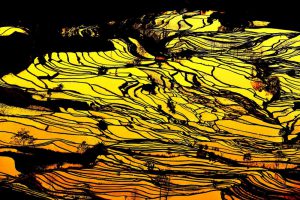Dayutang Village of Xinjie town in Yuanyang County, Honghe
Chinese Name:红河州元阳县新街镇大鱼塘村
English Name: Dayutang Village of Xinjie town in Yuanyang County, Honghe
Historical and Cultural Heritage
- Long Historical Origin: The Hani ethnic group has settled here for hundreds of years. During the long process of production and daily life, they have integrated with the natural environment and created a unique Hani terrace culture and village civilization. The history of Dayutang Village witnesses the arduous efforts, diligence, and wisdom of the Hani people in transforming and adapting to nature.
- Inheritance of Unique Ethnic Culture
- Language and Script: The Hani ethnic group has its own language, which belongs to the Yi branch of the Tibeto-Burman language family within the Sino-Tibetan language family. Although there is no traditional written script, they pass on the ethnic group’s history, legends, customs, and other cultural treasures through oral traditions, songs, and dances.
- Folk Literature and Art: It has rich folk literature, such as epics, myths, legends, stories, ballads, and proverbs, vividly reflecting the origin, migration, production, daily life, and social features of the Hani ethnic group. The Hani ethnic group’s song and dance art is also distinctive. For example, the Mango Drum Dance and Palm Fan Dance have beautiful postures and lively rhythms, showing a strong ethnic style.
- Traditional Handicrafts: The Hani ethnic group has exquisite traditional handicrafts, including embroidery, textile, bamboo weaving, and wood carving. Hani embroidery is characterized by bright colors and delicate patterns, mostly themed on natural elements such as flowers, birds, fish, insects, the sun, the moon, and stars, reflecting the Hani people’s yearning and pursuit of a better life.
Natural and Cultural Landscapes
- Hani Mushroom-shaped Houses: Mushroom-shaped houses are typical representatives of Hani traditional architecture, mostly made of civil engineering or brick and wood structures. The roof is a four-inclined plane, covered with thatch or tiles, and is arranged in a scattered and orderly manner in the village. Mushroom-shaped houses have the characteristics of being warm in winter and cool in summer, adapting to the local climate conditions. At the same time, they also reflect the architectural wisdom and aesthetic concepts of the Hani people.
- Terrace Landscape: As an important part of the World Cultural Landscape Heritage of Hani Terraces, Dayutang Village is surrounded by layers of terraces, which are large in scale and magnificent in momentum. These terraces extend from the foot of the mountain to the top, with numerous levels, just like a ladder hanging upside down on the hillside. In spring, the terraces are filled with water. Under the sunlight, they are as bright as mirrors, reflecting the beauty of the sky and mountains. In summer, the rice in the terraces is lush and green. When the breeze blows, the rice waves roll. In autumn, the rice is ripe and golden, and the heavy rice ears bend under the weight, showing a harvest scene. In winter, the terraces are covered with snow, dressed in silver, just like a fairyland.
Characteristic Industries
- Integrated Cultivation of Rice, Fish, and Ducks: Adopting the model of “company + cooperative + base + farmers”, it has built a “National Demonstration Zone for Integrated Rice and Fishery Cultivation” and a “National Experimental Demonstration Zone for Integrated Rice and Fishery Cultivation”. In the terraces, rice, fish, and ducks are cultivated and raised comprehensively, realizing “one water for three uses and multiple harvests from one field”, which improves the land utilization rate and comprehensive agricultural benefits.
- Rural Tourism: In recent years, relying on the Hani terraces and Hani ethnic cultural resources, Dayutang Village has vigorously developed rural tourism. The village has supported a number of farmhouses and rural restaurants, providing tourists with services such as eating, accommodation, transportation, sightseeing, shopping, and entertainment. Tourists can enjoy the beautiful terrace scenery here, experience the traditional culture and lifestyle of the Hani ethnic group, and taste authentic Hani cuisine.
Infrastructure and Public Services
- Infrastructure: In recent years, the infrastructure of Dayutang Village has been greatly improved. Cement roads have been built in the village, realizing road access to every village, making transportation more convenient. The power grid has been transformed, and the power supply is stable. The communication network covers the whole village, and villagers can use mobile phones and the Internet conveniently. In addition, the village has also built sewage treatment facilities, garbage disposal stations, etc., improving the environmental and sanitation conditions of the village.
- Healthcare: The medical care of villagers mainly relies on the village clinic and the town hospital. The village clinic is equipped with basic medical equipment and medicines, which can provide diagnosis and treatment of common diseases and preventive health care services for villagers. At the same time, Dayutang Village actively promotes the rural cooperative medical care system, and the proportion of villagers participating in the cooperative medical care is increasing year by year, effectively reducing the burden of medical treatment.
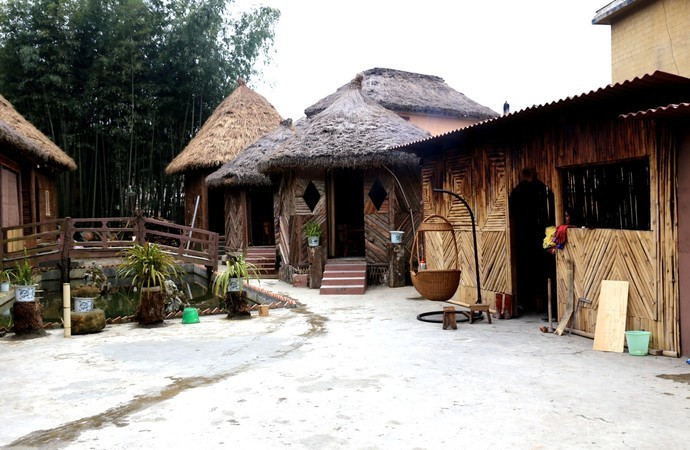
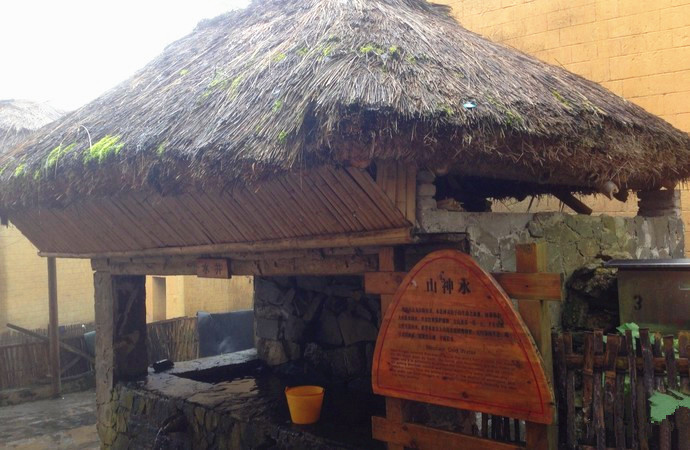
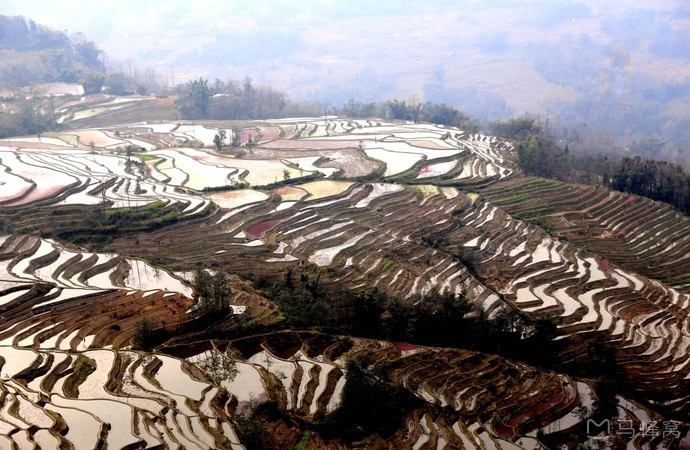
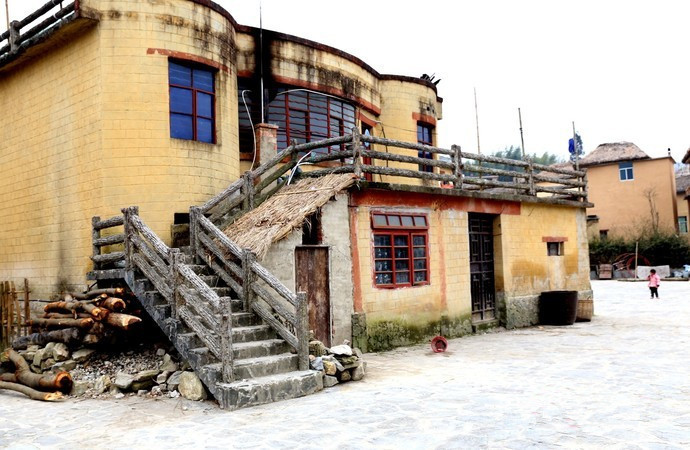
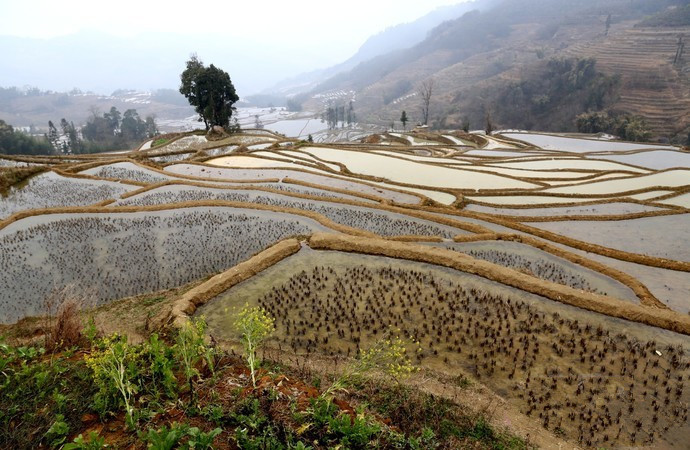
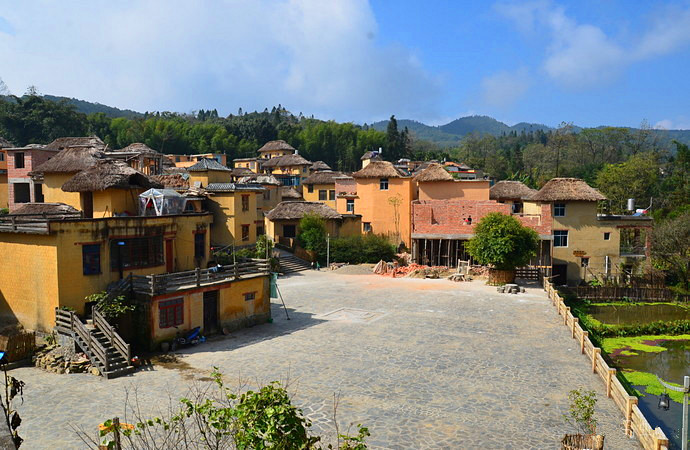
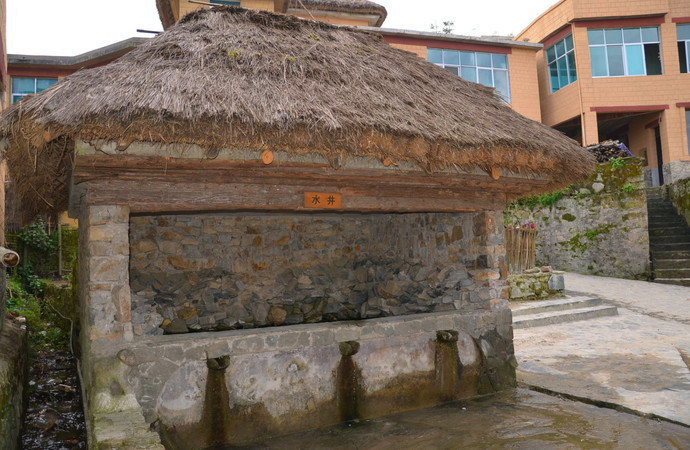
Location:
